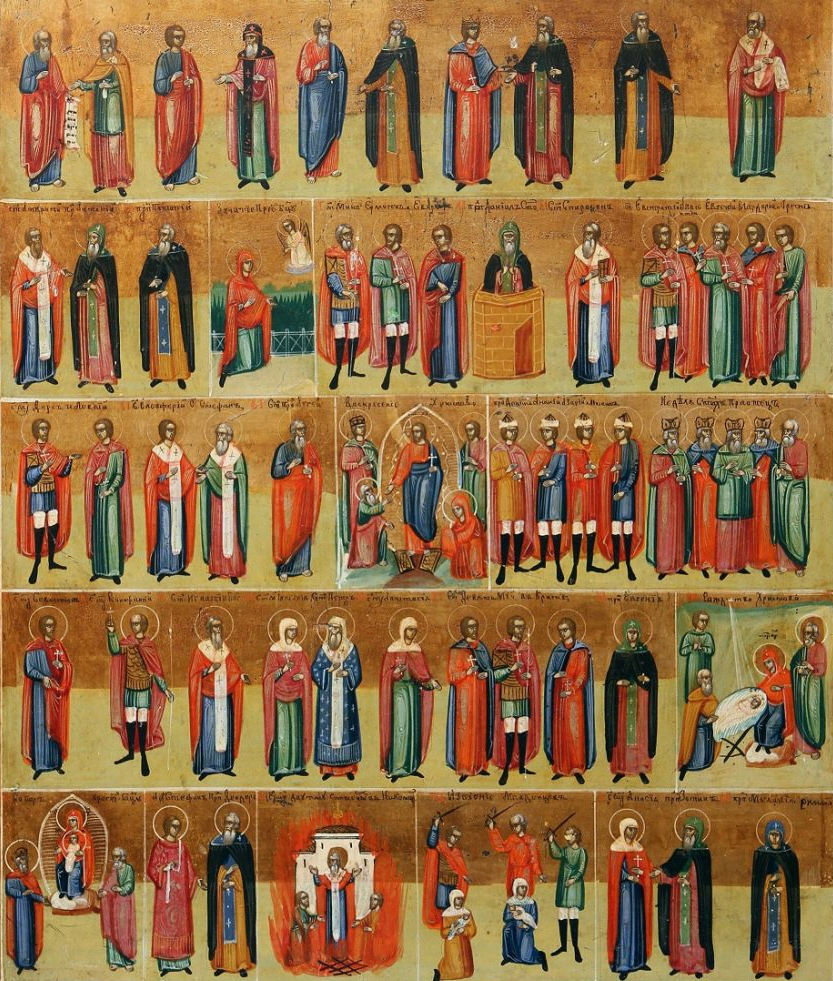King James Audio Bible
Ten Commandments | The Ninth Commandment: ‘Thou Shalt Not Covet Thy Neighbour’s Wife’
The ninth commandment, Thou shalt not covet thy neighbour’s wife, is interpreted as a commandment against adultery. It has a broader application to encompass any form of envy or coveting of a person’s spouse or sexual partner. It is an instruction for Christians in terms of their intimate relationships.
‘Adultery refers to marital infidelity. When two partners, of whom at least one is married, have sexual relations, they commit adultery.’ (CCC 2380)
‘Adultery is an injustice. He who commits adultery fails in his commitment.’ (CCC 2381)
The commandment is a call for Christians to respect the exclusive and committed relationships of others, rather than desiring to be in that relationship oneself. This can apply not only to marital relationships; also to any form of committed and exclusive romantic or sexual relationships.
The commandment is a call to respect other people’s personal and sexual space.
Pope Francis, in his exhortation Amoris Laetitia, states: ‘The ninth commandment reminds us of the gravity of sins of coveting and envy.’ He adds: ‘We are called to combat all forms of coveting, so as to cultivate a pure and simple heart, detached from everything and directed towards God.’
Christian Respect For Relationships
The commandment of not coveting thy neighbour’s wife is also linked with the commandment of loving our neighbour as ourselves (Mark 12:31). The Commandment calls on Christians to respect and honour the relationships of others, which is a fundamental part of loving our neighbours as ourselves.
In the context of today’s society, the ninth commandment can be applied in various situations, for example, in the workplace, friendships, social gatherings, and online interactions. It calls on Christians to refrain from engaging in behaviour that would violate the intimacy and commitment of others, such as flirting with someone who is in a committed relationship, or spreading rumours about someone’s relationship.
The commandment instructs Christians to respect and honour the relationships of others, including committing not to engage in any kind of adultery, but also to refrain from any behaviour that would violate the intimacy and commitment of others.
It’s a call for Christians to cultivate contentment and gratitude in their own lives, and to respect the boundaries and commitment of others. It’s also a call to love our neighbour as ourselves and treat others with respect, and as such, it is an important commandment that guides us in today’s society, in how we treat and relate with other people in our daily lives.
Is The Ninth Commandment Sexist?
The ninth commandment, ‘Thou shalt not covet thy neighbour’s wife,’ has been interpreted by some as being sexist because it only specifically references a man not coveting another man’s wife, rather than addressing both men and women equally.
Many interpret the commandment as a broader instruction against coveting any person’s sexual partner or spouse, regardless of the gender of the parties involved.
The Catechism states: ‘Adultery refers to marital infidelity. When two partners, of whom at least one is married to another party, have sexual relations—even transient ones—they commit adultery.’ (CCC 2380) This interpretation of the commandment applies to both men and women equally, and prohibits any form of infidelity or coveting in a marital or committed relationship.
It’s worth noting that the biblical context in which this commandment was written, the patriarchal society, wives and women in general, didn’t have the same rights, power or opportunities than men had. The commandment had to be phrased in a way that would be widely understood and accepted by the society of the time.
Does The Ninth Commandment Disrespect Women?
People have argued that the ninth commandment disrespects women because it speaks of a woman in terms of property, and implies that she is something to be possessed or coveted by a man.
Others say that the commandment is part of a larger set of Ten Commandments, which as a whole set is seen as a comprehensive guide for moral conduct, and addresses issues such as honouring one’s parents, not stealing or murder, and not bearing false witness.
It has been said that the commandment be read and interpreted in the light of the Gospel and the teachings of the Church and the entire tradition. The commandment are not laws, but rather teachings and guidance to develop a moral life, and in this sense, it should not be seen as disrespectful to women, but rather as a reminder for all people to respect and honour the relationships of others, and to cultivate contentment and gratitude in their own lives, and treat others with respect.
Additionally, interpreting the commandment in light of the teachings of the Church and the Gospel, it can be seen as a reminder to all people to respect the boundaries and commitment of others and to refrain from any behaviour that would violate the intimacy and commitment of others, it also calls for all people to cultivate contentment and gratitude in their own lives, and to treat others with respect and fairness.
Does The Commandment Prohibit Sexual Desire?
The commandment ‘Thou shalt not covet thy neighbour’s wife’ does not prohibit sexual desire in and of itself. Sexual desire is a natural and normal part of human experience. The commandment addresses the issue of coveting or desiring something that belongs to someone else, specifically in terms of their intimate relationships. It is not a prohibition on sexual desire but rather a commandment to respect the boundaries and commitment of others, not to cross them for personal gain or desire, and not to act on that desire in a way that would violate the intimacy and commitment of others.
The Catechism of the Catholic Church states: ‘Chastity means the successful integration of sexuality within the person and thus the inner unity of man in his bodily and spiritual being. Sexuality, in which man’s belonging to the bodily and biological world is expressed, becomes personal and truly human when it is integrated into the relationship of one person to another, in the complete and lifelong mutual gift of a man and a woman.’ (CCC 2337)
According to Christian teachings, sexual desire and activity are appropriate and good within the context of marriage and committed relationships, as long as these relationships are consensual and loving. However, sexual desire that leads to coveting or violating the commitment of others is not in line with the teachings of the faith and is sinful.








